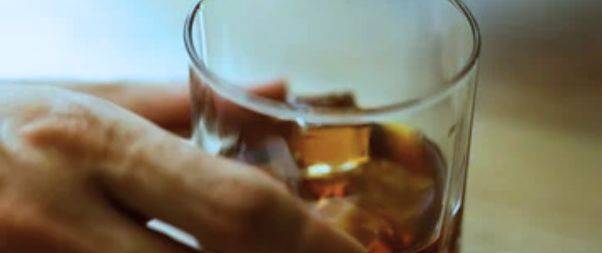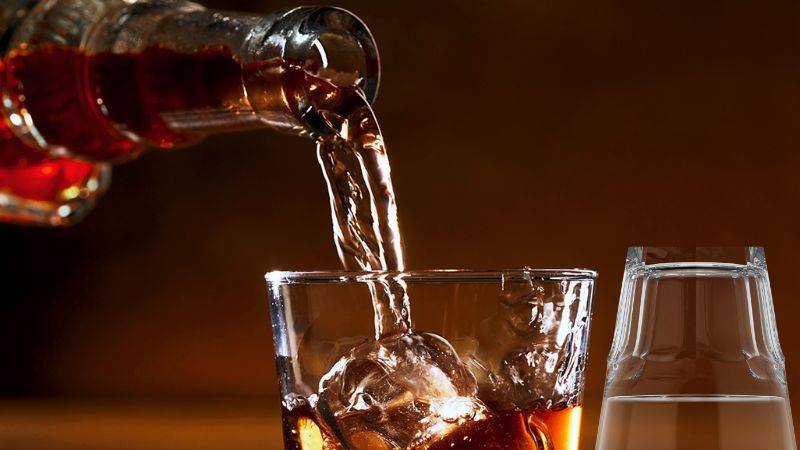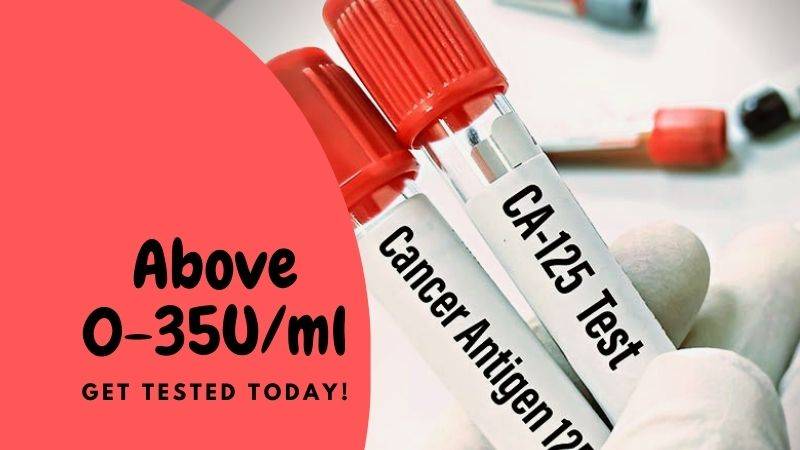Whether you’ve indulged in a few extra drinks at a social gathering or you’re trying to cleanse your system as part of a healthier lifestyle transition, understanding how to expedite the process of flushing alcohol out of your system can be highly beneficial.
If you’re trying to get alcohol out of your system to pass a drug test, you can’t do it instantly. The more detailed explanation is that you can help your body break down alcohol faster or recover from a hangover quicker. To do this, you need to understand how your body deals with alcohol and what affects this process.
The human body requires time to metabolically process alcohol. Nonetheless, there are ways to support your body’s natural detoxification systems and enhance your recovery from alcohol intake. Here’s how:
What does it mean to “Flush Alcohol” from your system?
For most people, this phrase means a fast cleanse. Usually, you’d want to get rid of any alcohol in your body, possibly sober up, and probably pass a drug test, like a breathalyzer or a hair alcohol test.
Often, people try to drink more water, change their diet, or take herbal pills. But none of these actions can make your body get rid of alcohol faster. Also, they won’t change the results of a drug test, unless the herbal pill shows up on the test.
How Your Body Breaks Down Alcohol

Usually, alcohol can stay in your body for around 12 hours. This means a blood test can spot it for up to 12 hours after your last drink, and a hair test can spot it for up to 2 months.
A breathalyzer can find alcohol for about 13-24 hours based on how much you drank and the test.
Pee tests can spot alcohol anywhere from 12 to 80 hours after your last drink.
So, while the tests can differ in how sensitive they are, they all depend on your body having a type of alcohol called ethanol or ethyl alcohol in it.
Your body gets rid of this at a rate of about one drink per hour, but the signs will stay in your body for much longer.
Intake of alcohol by mouth, where it goes to your stomach and then is taken in as it goes into the small intestine. Then, it goes into the blood, where it stays until your liver cleans it out. Once that happens, you start to sober up. But, your pee will still show signs of alcohol for up to 80 hours.
How Long Alcohol Stays in Your System
While it’s hard to purposely speed up how fast your body breaks down alcohol, there are a few things that can affect it. For instance:
- Fast metabolism – Some people break down alcohol faster than others. This is entirely down to your genes.
- Drinking on an empty stomach – Alcohol is broken down as it goes into the small intestine. If you’ve eaten, it will take longer for alcohol to move from your stomach to the small intestine.
- Drinking fizzy drinks – Fizzy drinks get absorbed quicker because they create pressure in the stomach, pushing liquids into the small intestine faster. This means you’ll feel drunk quicker, but you’ll also break down the alcohol faster.
- Weight – People with more body fat will take longer to process alcohol because alcohol is stored in fat cells and slowed down by fat cells in the liver. So, the more body fat you have, the longer you’re likely to test positive for drinking.
- How fast you drink – Your body breaks down alcohol as you drink it. But, alcohol is broken down at a rate of about half the volume of alcohol in your body every 4-6 hours. This means that drinking more alcohol in a shorter amount of time results in your body keeping alcohol for longer, because the rate of breaking down the amount of alcohol in your blood to half doesn’t change.
- Liver health – A healthy liver will always clean out alcohol faster than one with damage, fatty liver disease, or cirrhosis.
- Medication – Some medicines can slow down how fast you break down alcohol. This could mean you test positive on alcohol tests for longer or that you feel drunk for longer.
Breaking down alcohol is a complicated process, and most time frames are “averages”, not how long it will specifically take you to break down that alcohol.
Ways to Support your Body’s Natural Detoxification Systems
Understand Your Body’s Natural Process:
The liver is responsible for metabolizing about 95% of the alcohol we consume, at an average rate of one standard drink per hour.
This means it typically takes about one hour for your body to metabolize a 12-ounce beer, five ounces of wine, or 1.5 ounces of distilled spirits. The remaining 5% exits through urine, breath, and sweat.
Trying to rush this natural process could lead to detrimental effects on your health.
Stay Hydrated:
Alcohol acts as a diuretic, which means it causes increased urination, potentially leading to dehydration. Dehydration can not only make hangover symptoms worse but also strain the liver and other organs.
To counteract this, drink plenty of water before, during, and after alcohol consumption. This helps in rehydrating your body, reducing hangover symptoms, and aiding the kidneys in flushing out toxins from your system.
Eat Nutritious Food:
Alcohol can deplete your body’s vitamin and nutrient stores, as well as impair your body’s ability to absorb nutrients. Eating balanced, nutrient-rich meals before and after alcohol consumption can help replenish these stores. Foods rich in vitamins, minerals, and antioxidants support liver health and may aid in the detoxification process.
Get Quality Sleep:
Alcohol can interfere with your sleep cycle, reducing the quality of your rest even if you sleep for a full night. Good sleep is crucial for your body’s recovery processes, including metabolizing alcohol. Make sure to get plenty of rest after a night of drinking.
Engage in Physical Activity:
While exercise can’t accelerate the breakdown of alcohol in your blood, it can boost your overall health and wellness. Regular physical activity can enhance liver function and promote better circulation, helping your body recover more efficiently. Remember, if you’re feeling hungover, it’s best to stick to light exercise, such as walking or gentle yoga.
Limit Alcohol Intake:
The most effective way to flush alcohol from your system is simply to limit your intake. The less alcohol you consume, the less there is for your body to metabolize, and the quicker your system can return to its normal state.
Conclusion
While there are steps you can take to aid your body in recovering from alcohol intake, remember that time is the primary factor in metabolizing alcohol.
The idea of “flushing” alcohol out of your system can be misleading — your body will work to metabolize alcohol as quickly and safely as it can, given its inherent physiological limits.
Regularly consuming excessive amounts of alcohol can lead to long-term health consequences, so it’s crucial to drink responsibly and consider seeking professional help if you struggle with alcohol use.
Disclaimer
This article is intended for informational purposes only and does not constitute medical advice. Always consult a healthcare professional for advice on any medical conditions or treatments.
Take care of Yourself!
Also Read







